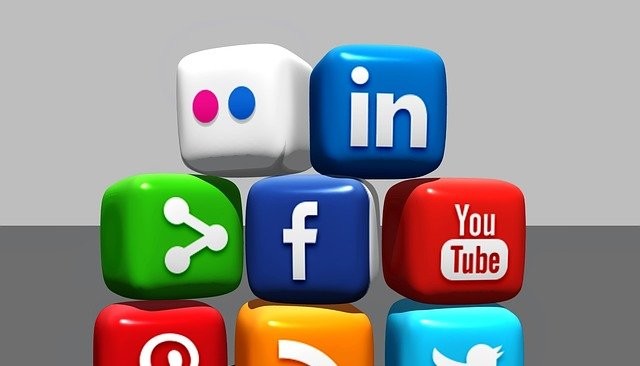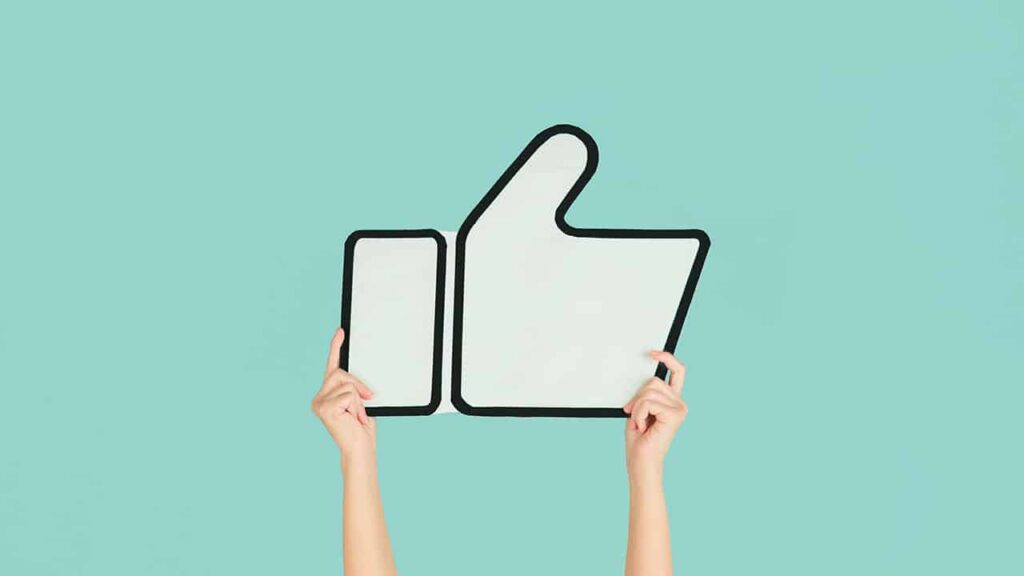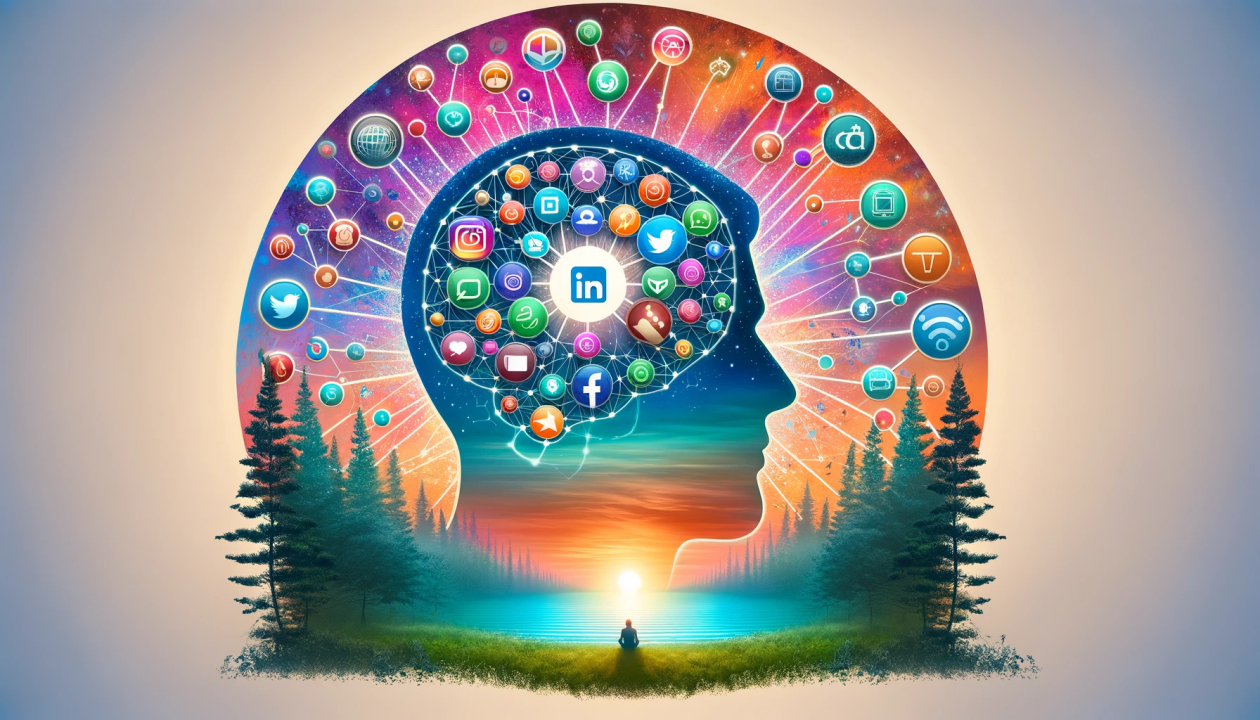In today’s interconnected world, social media is a double-edged sword. While it offers unprecedented opportunities for connection and information sharing, it also brings significant challenges to mental health. This blog explores how social media impacts the mind, highlighting its benefits, potential harms, and ways to navigate its influence for better mental well-being.
The Rise of Social Media

Social media platforms like Facebook, Instagram, Twitter, TikTok, and LinkedIn have become integral to daily life, with billions of users worldwide. On average, individuals spend 2-3 hours daily scrolling through feeds, sharing content, and engaging with virtual communities. This pervasive presence inevitably influences mental health, shaping emotions, behaviors, and perceptions.
According to a 2022 study by DataReportal, there are 4.74 billion social media users globally, equating to approximately 59% of the world’s population. The rapid growth of these platforms over the past decade highlights their deep integration into modern society.
The Positive Side of Social Media

1. Building Connections
Social media enables people to stay connected with friends and family, even across great distances. For individuals in remote areas or with limited social opportunities, platforms provide a sense of belonging and community.
- A Pew Research Center study found that 81% of teens report that social media helps them feel more connected to their friends.
- Virtual communities can foster inclusivity and reduce feelings of isolation, particularly for marginalized groups.
2. Raising Awareness
Social media serves as a powerful tool for raising awareness about mental health issues, reducing stigma, and sharing resources. Campaigns like #MentalHealthAwareness and #ItsOkayToNotBeOkay foster conversations and encourage individuals to seek help.
3. Finding Support Groups
Online communities and forums allow users to connect with others facing similar challenges. For instance, groups for anxiety, depression, or grief can provide a safe space for sharing experiences and receiving emotional support.
- Platforms like Reddit and Facebook host specialized groups tailored to mental health concerns, offering peer-to-peer advice and encouragement.
4. Learning Opportunities
From informative posts to expert-led webinars, social media is a gateway to knowledge. It enables users to access educational content on mental health, coping strategies, and wellness practices.
The Dark Side of Social Media

1. Comparison Culture
The curated nature of social media often fosters unrealistic comparisons. Seeing others’ highlight reels can lead to feelings of inadequacy, low self-esteem, and even depression.
- Studies reveal that individuals who spend significant time on social media are more likely to experience negative self-image.
- Filters and photo-editing tools exacerbate this issue, creating unattainable beauty standards.
2. Addiction and Overuse
The dopamine-driven design of social media platforms encourages compulsive use, contributing to:
- Sleep disturbances.
- Decreased productivity.
- Increased stress levels.
- Research published in the journal Computers in Human Behavior found that excessive social media use is linked to symptoms of anxiety and depression in young adults.
3. Cyberbullying and Online Harassment
Social media can expose users to bullying, harassment, and toxic interactions. Victims of cyberbullying often experience anxiety, depression, and in severe cases, suicidal thoughts.
- The Cyberbullying Research Center reports that 37% of adolescents have been victims of online harassment.
4. Fear of Missing Out (FOMO)
The constant stream of updates and events can make users feel left out, fostering anxiety and compulsive engagement to stay “in the loop.”
- A study from the Journal of Social and Clinical Psychology indicates that FOMO contributes significantly to feelings of dissatisfaction and loneliness.
5. Impact on Real-World Relationships
Excessive social media use can diminish the quality of face-to-face interactions, leading to feelings of loneliness and isolation.
The Psychological Mechanisms at Play
1. Dopamine and Reward Systems
Social media platforms are designed to exploit the brain’s reward system. Likes, shares, and comments trigger dopamine releases, reinforcing usage and creating a feedback loop of dependence.
2. The Role of Algorithms
Algorithms personalize feeds to maximize engagement, often amplifying sensational or polarizing content. This can:
- Exacerbate stress and anxiety.
- Create echo chambers that reinforce negative thinking patterns.
- A 2021 study published in Nature Communications found that algorithm-driven content can increase exposure to harmful material, intensifying its psychological effects.
3. Emotional Contagion
Social media facilitates the rapid spread of emotions, both positive and negative. Exposure to negative news or distressing posts can impact users’ mood and mental state.
Navigating Social Media for Better Mental Health
1. Set Boundaries
- Limit screen time using app-based trackers.
- Establish tech-free zones or hours, particularly before bed.
2. Curate Your Feed
- Follow accounts that inspire and uplift you.
- Mute or unfollow profiles that induce stress or negativity.
3. Practice Digital Detox
- Take periodic breaks from social media to reset and recharge.
- Use this time to engage in offline activities like reading, exercise, or meditation.
4. Engage Mindfully
- Be intentional about your social media interactions.
- Focus on meaningful conversations and avoid passive scrolling.
5. Seek Professional Help
- If social media negatively impacts your mental health, consider speaking with a counselor or therapist for guidance.
The Role of Parents and Educators
For younger users, parents and educators play a crucial role in mitigating social media’s risks:
- Educate about Digital Literacy: Teach children and teens to critically evaluate content and recognize harmful behaviors.
- Promote Open Communication: Encourage discussions about online experiences and mental health.
- Monitor Usage: Set age-appropriate limits and keep track of the platforms children use.
The Bigger Picture: Balancing Benefits and Risks
Social media’s impact on mental health is complex, influenced by individual usage patterns, personality traits, and life circumstances. While it offers opportunities for connection and growth, it’s essential to address its potential pitfalls proactively.
By adopting mindful habits, setting boundaries, and fostering awareness, individuals can harness the positive aspects of social media while minimizing its adverse effects. In the digital age, balance is the key to safeguarding mental health and thriving in an interconnected world.
Call to Action
How has social media impacted your mental health? Share your experiences and insights in the comments below.


